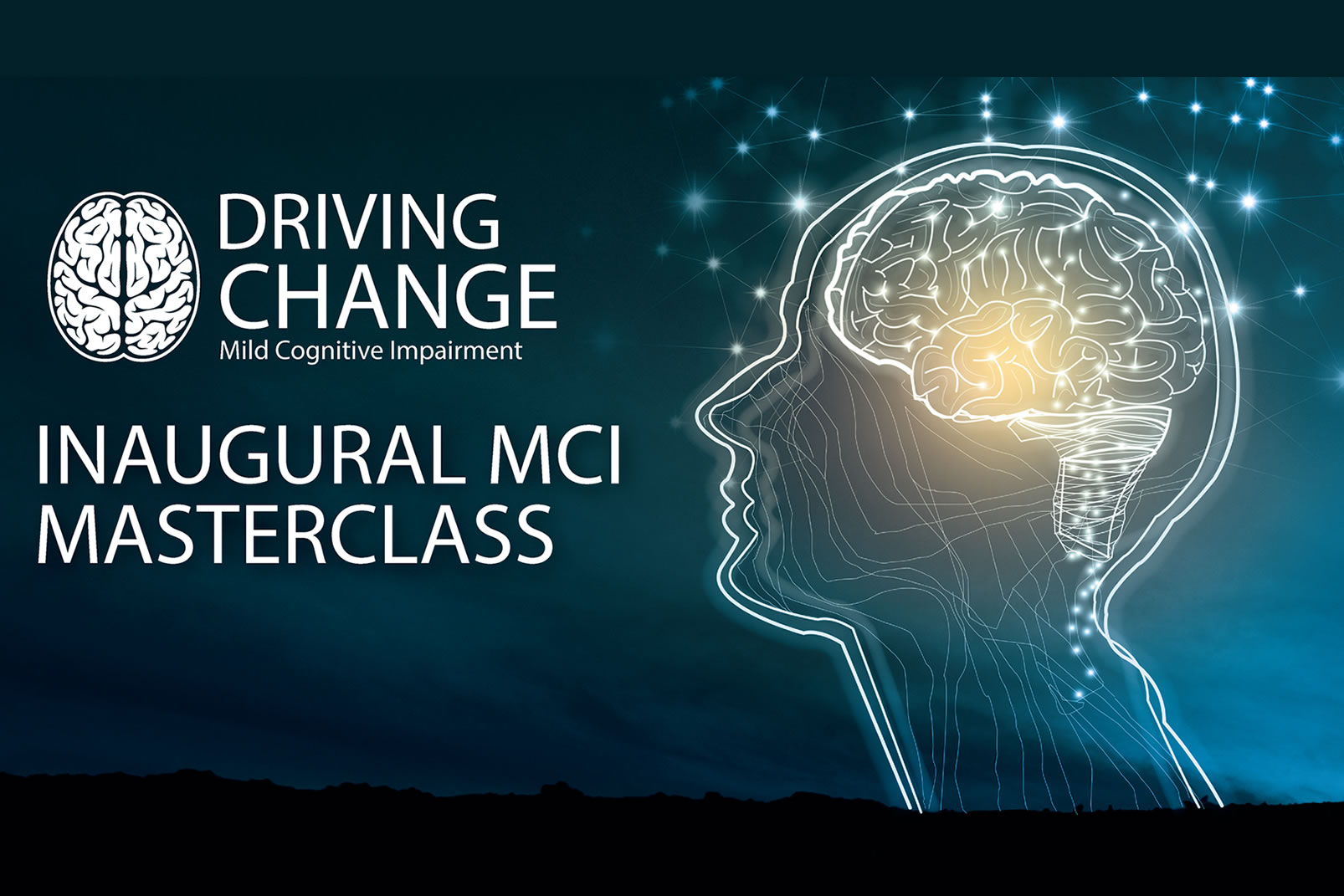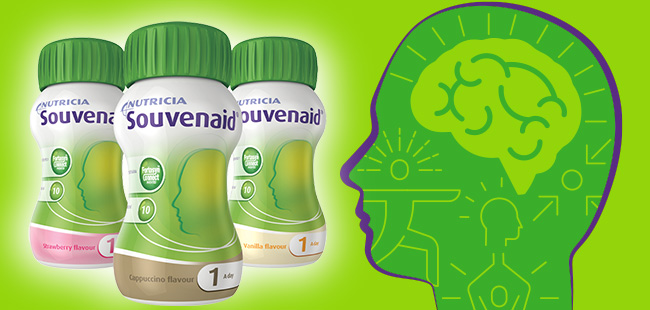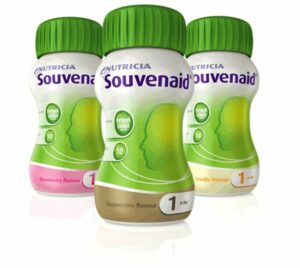Memory and Alzheimer's Disease

Alzheimer’s disease is a complex condition that often starts to develop decades before symptoms appear. Early signs include memory problems and difficulties with complex tasks. These signs can be subtle and people often think this is a result of ageing. In the early stages of Alzheimer’s disease, certain regions in the brain crucial for memory are affected. This causes the frequency and severity of memory lapses to become more evident than with normal aging.Our brains communicate through a vast network of billions of nerve cells. These nerve cells connect with each other through connections called ‘synapses’. Throughout our lives we lose and regrow these brain connections. In a healthy brain the amount of new synapses generated balances the loss of older ones. In the case of Alzheimer’s disease, the rate at which these connections are damaged accelerates so that new ones formed can no longer compensate for those lost. This is when the brain network starts to fail and symptoms such as memory loss appear.
Nutricia’s pledge to providing the Best Care in the field of Alzheimer’s disease
Meet the patients, carers and healthcare professionals who are benefitting from Nutricia’s approach to the dietary management of early Alzheimer’s Disease.
Nutrition and the brain
- Omega 3 fatty acids
- Uridine
- Choline
- B Vitamins
- Antioxidants
- Phospholipids

The role of nutrition in brain health
Learn more about how certain nutrients can help rebuild connections in the brain.
Patient stories
Patients around the world are taking Souvenaid today. Learn more about one family’s real-life experiences here.
Souvenaid stories
Healthcare professionals from around the world are using Souvenaid with their patients with early Alzheimer’s disease. Learn more about their experiences here.

For Carers and Patients

Related Products

Souvenaid
References
- Scheltens P, et al. Alzheimers Dement. 2010;6:1-10.e1.
- Scheltens P, et al. J Alzheimer’s Dis.2012;31:225-236.
- Olde Rikkert MG, et al. J Alzheimers Dis. 2015;44(2):471-80.
- Bianchetti A et al. Psicogeriatria 2014; 9(2):66-75.
- Kalisvaart CJ et al. European Geriatric Medicine 2014; 5 (S1): 98. Poster P051.
- Freund-Levi Y, et al. J Nutr Health Aging. 2012; 16(9): 859.
- *LipiDiDiet, is registered under the European Union’s 7th Framework Programme for research, technological development and demonstration (grant agreement number 211696).
